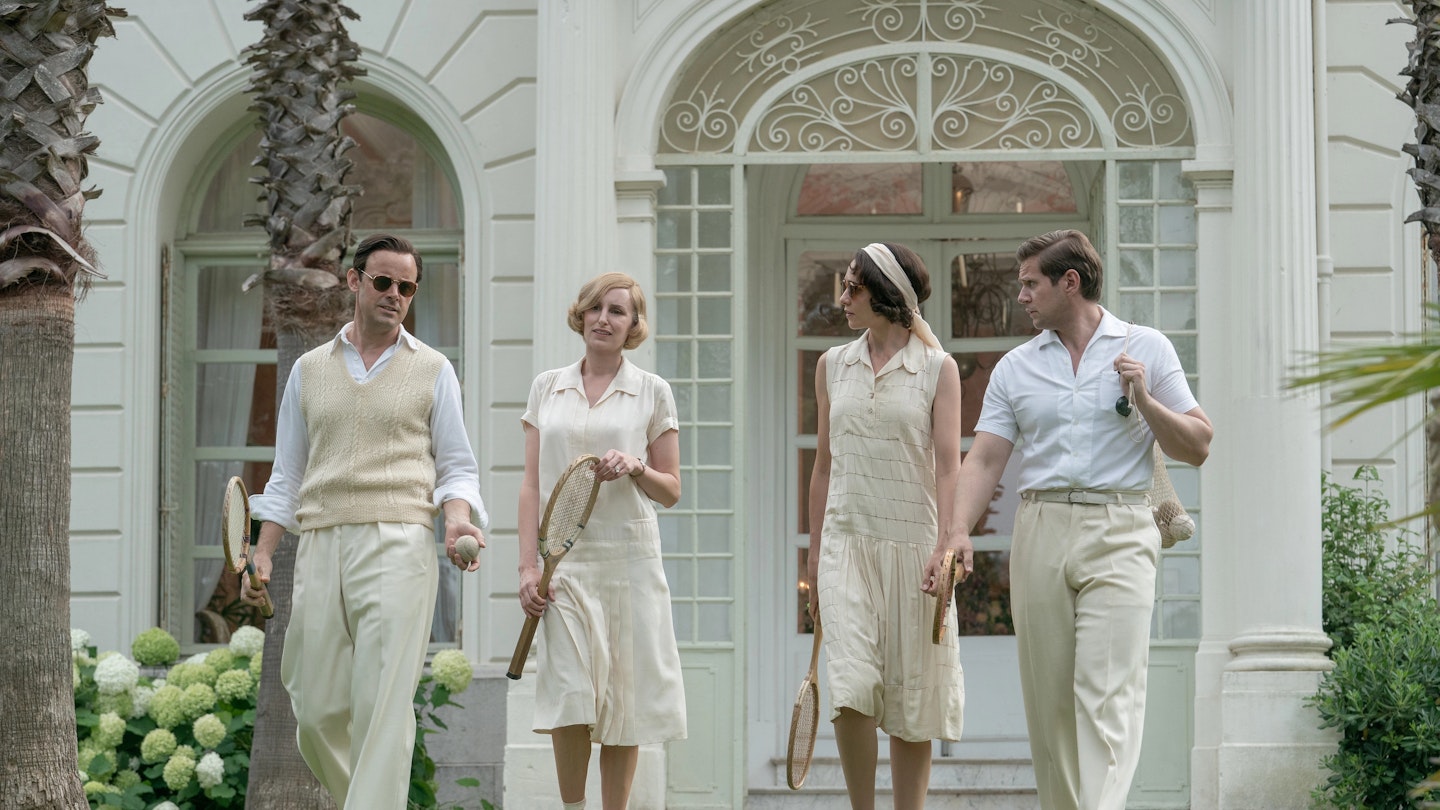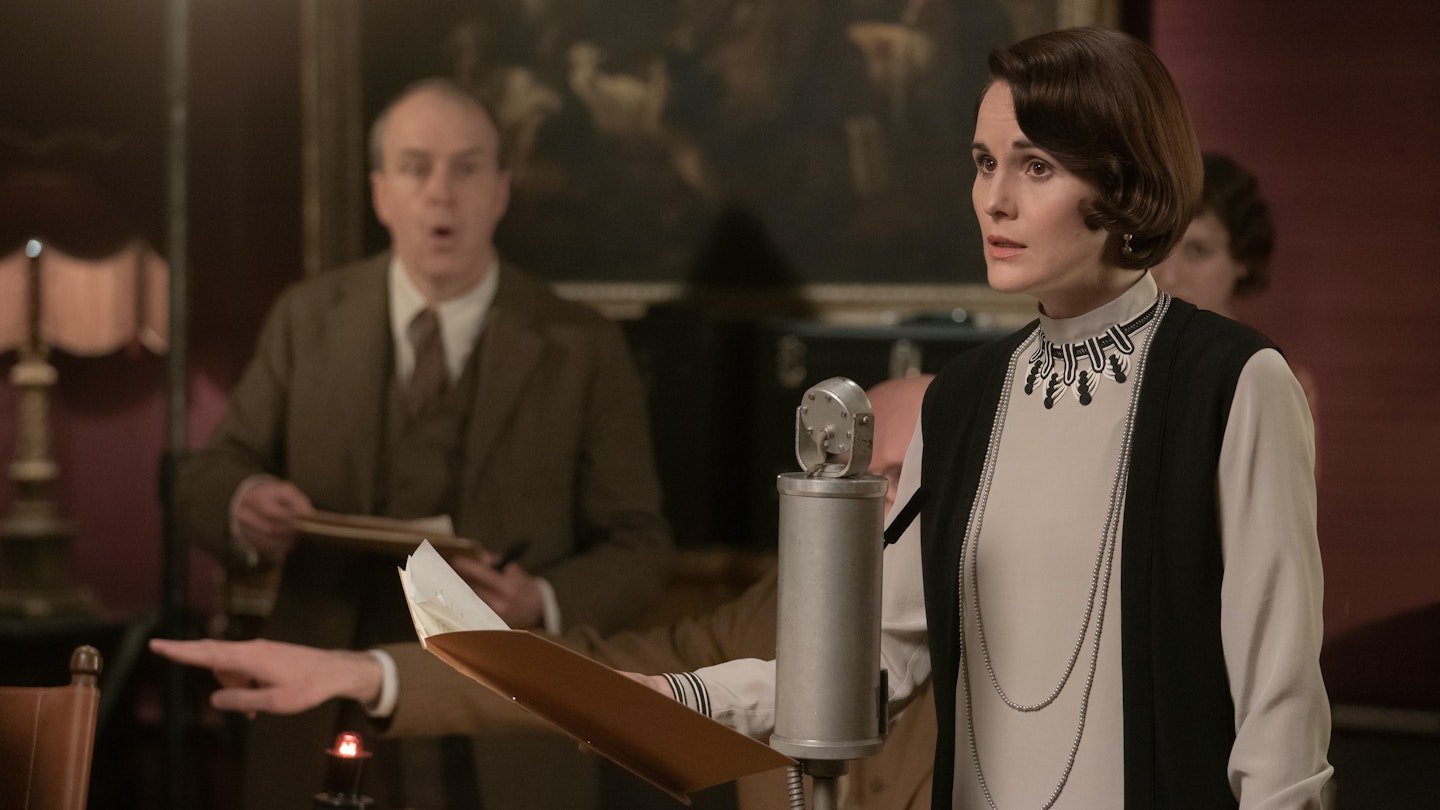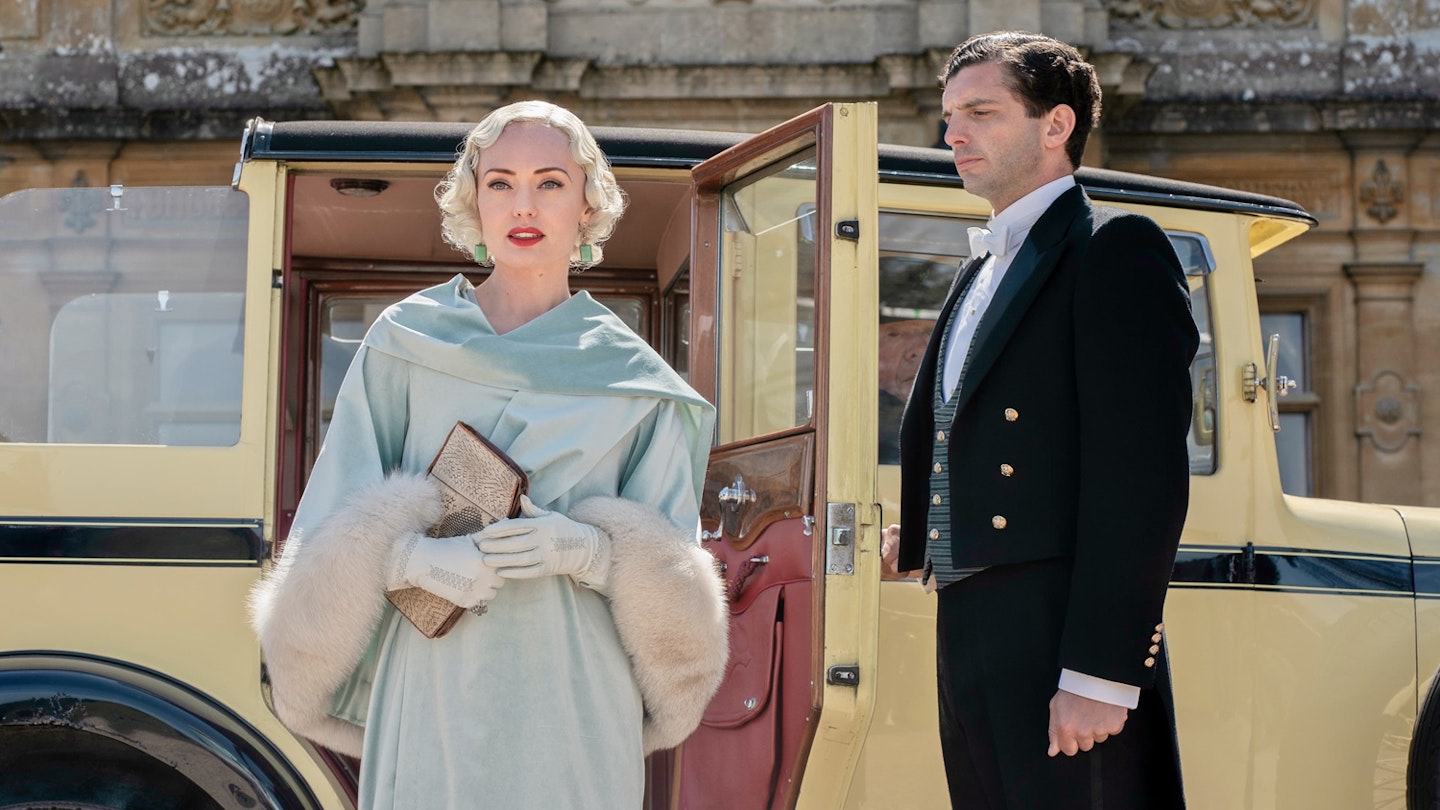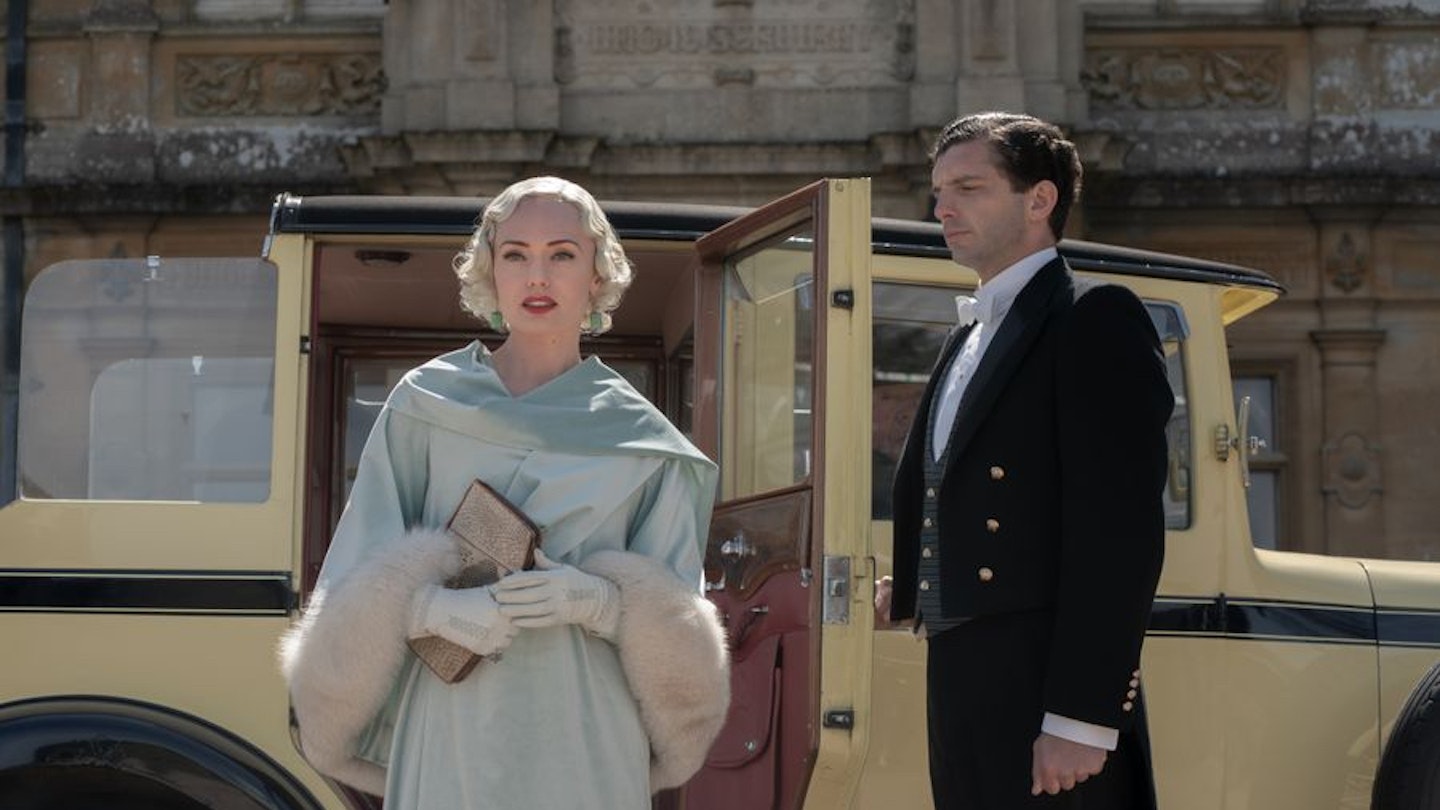No matter how much you might detest its cricket bat subtlety, rampant classism and wildly patronising depictions of the working class, there’s something inherently, undeniably charming about Julian Fellowes’ fabulously frocked aristoporn. Partly, one might surmise, because its furious preoccupation with titles, formalwear, and the proper way to hold a salad fork, makes it feel as much a fantasy as The Witcher — only with vampires and revenants replaced by the horrors of impropriety.
The series’ second big screen affair sets itself up as A Very Downton Holiday, with Lord Grantham, Lady Crawley (Elizabeth McGovern), Lady Edith (Laura Carmichael) and assorted family members including the newly married Tom (Allen Leech) and Lucy (Tuppence Middleton), packing their suitcases to head off to France along with a perpetually scowling Mr Carson (Jim Carter). Their goal? To discover the mysterious origins of their new holiday home, rooted as it is in the passions of the Dowager’s youth. Back home, the roof is leaking and the Abbey is need of repairs, driving the family to allow a procession of dreadful (but well-paying) ‘kinema’ people through the doors to shoot a motion picture, much to the delight of the servants and the eye-rolling consternation of the family.

With a cast this big, Fellowes has a great many mouths to feed, yet he serves up more than enough courses to keep everyone satisfied, balancing the whole affair with practiced ease and allowing almost every character to enjoy their moment in the sun (sometimes literally). After 12 years, Fellowes knows exactly what his audience wants, providing ample opportunity for Mr Carson to lecture continental servants about the proper way to dress (“They’re very French, the French, aren’t they?”), Daisy to get starry-eyed at the arrival of Laura Haddock’s beautiful leading lady (who turns out to be terribly rude and — even worse — frightfully common), Lady Mary to enjoy a little frisson with Hugh Dancy’s dashing director, and Maggie Smith’s gloriously razor-tongued Violet to deliver an array of withering barbs (“Ms. Dalglish has all the charm of a verucca.”)
As a capstone for the series, it’s as perfectly pitched a send-off as one could possibly wish for.
As a film, this a serviceably staged and steadfastly performed period melodrama; as a capstone for the series, it’s as perfectly pitched a send-off as one could possibly wish for. There are ghastly Hollywood types, Brits abroad, the whiff of scandal and a bittersweet coda that manages to break down the barriers between upstairs and downstairs so perfectly that it’s all but assured to melt the ice around even the most Marxist of hearts.
Whether this is to be the Crawleys’ final engagement remains to be seen, but it’s hard to imagine a more perfect note upon which to end the series. With a fond, unashamedly sentimental send-off that sees the family heading into the 1930s “with heads held high”, this genuinely feels like the end of an era.




